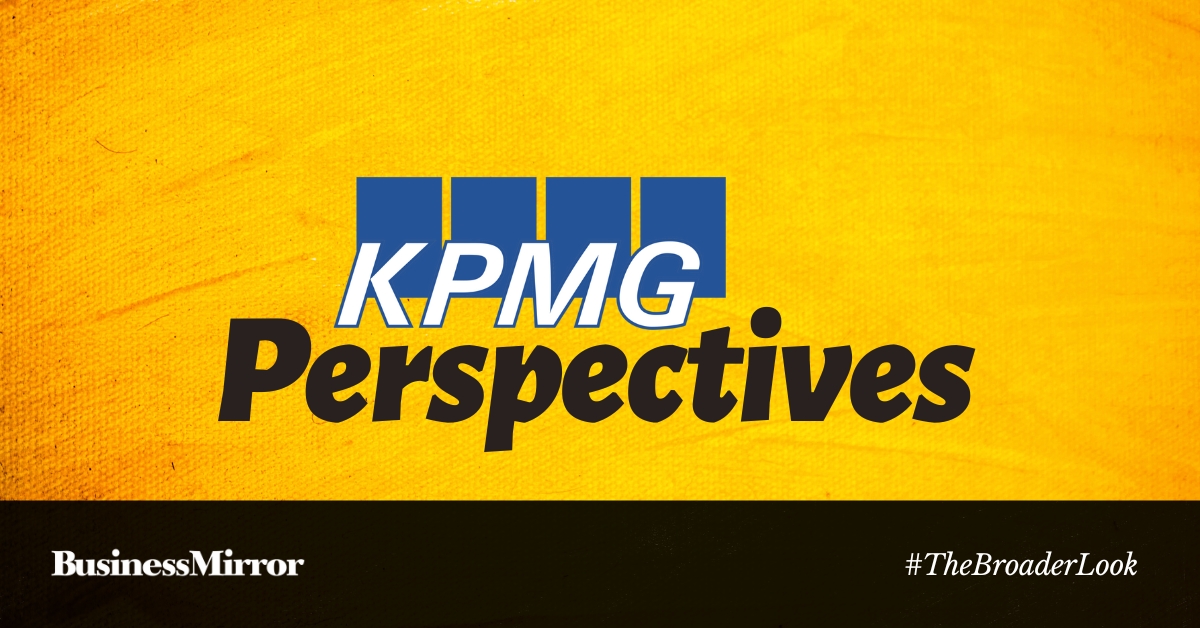
— Arnold Schilder, Chairman, International Auditing
& Assurance Standards Board
The International Ethics Standards Board for Accountants (IESBA) issued in May the consultation paper, Professional Skepticism—Meeting Public Expectations, aimed at soliciting comments for consideration by the IESBA. The technical paper is organized into three sections which explore:
(a) The behavioral concepts re professional skepticism;
(b) Whether those behavioral concepts apply to all professional accountants; and
(c) Whether the Code should be further developed, and/or other actions outside of the Code undertaken, to address behaviors associated with the exercise of appropriate professional skepticism.
Some excerpts from the consultation paper provide differing definitions/approaches to skepticism. Below represent some significant inputs from identified professional bodies:
Americian Institute of Certified Public Accountants (AICPA) Professional skepticism is an attitude that includes a questioning mind and a critical assessment of audit evidence. The auditor uses the knowledge, skill and ability called for the profession of public accounting to diligently perform, in good faith and with integrity, the gathering and objective evaluation of evidence. (AU 230.07)
International Auditing and Assurance Standards Board (IAASB) An attitude that includes a questioning mind, being alert to conditions which may indicate possible misstatement due to error or fraud, and a critical assessment of evidence. (ISA 200)
International Accounting Education Standards Board (IAESB) Initial professional development—professional values, ethics, and attitudes, identifies “professional skepticism and professional judgment” as a competency area at the intermediate level of proficiency.
In doing so, it uses the IAASB definition of professional skepticism, acknowledges that the IAASB definition is limited to audit, assurance and related service engagements, and goes on to state that within IES 4 Professional Skepticism (and professional judgment) are to be interpreted as applying to the broader context of a role as a professional accountant.
IES 4 goes on to acknowledge that achieving learning objectives in professional skepticism and professional judgment may extend across several different courses of subjects, none of which may be devoted solely to that competency area.
Public Company Accounting Oversight Board (PCAOB) Professional skepticism is an attitude that includes a questioning mind and a critical assessment of audit evidence. The auditor uses the knowledge, skill and ability called for by the profession of public accounting to diligently perform, in good faith and with integrity, the gathering and objective evaluation of evidence. (AS 1015) Clearly, common manifestations on the concept of professional skepticism are evident in spite of differing play of words. This is a significant understanding. To further the initiative, roundtable consultations have been lined up this year, with two already concluded—June 11 in Washington, D.C., and June 15 in Paris. In Asia it was held on July 12 in Tokyo. Inputs from the roundtables and other comments requested on or before August 15 will provide enough primary data for the technical working group to further the initiative.
****
Dr. Conchita L. Manabat is the president of the Development Center for Finance, a joint undertaking between Finex Foundation and the UP Virata School of Business. A past president of Finex and past chairman of the International Association of Financial Executives Institutes (IAFEI), she serves as the chairman of the Advisory Council of the said organization. She is also a member of the Consultative Advisory Groups (CAGs) of the International Auditing and Assurance Standards Board (IAASB) and the International Ethics Standards Board for Accountants (IESBA). She can be reached at clm@clmanabat.com.


























